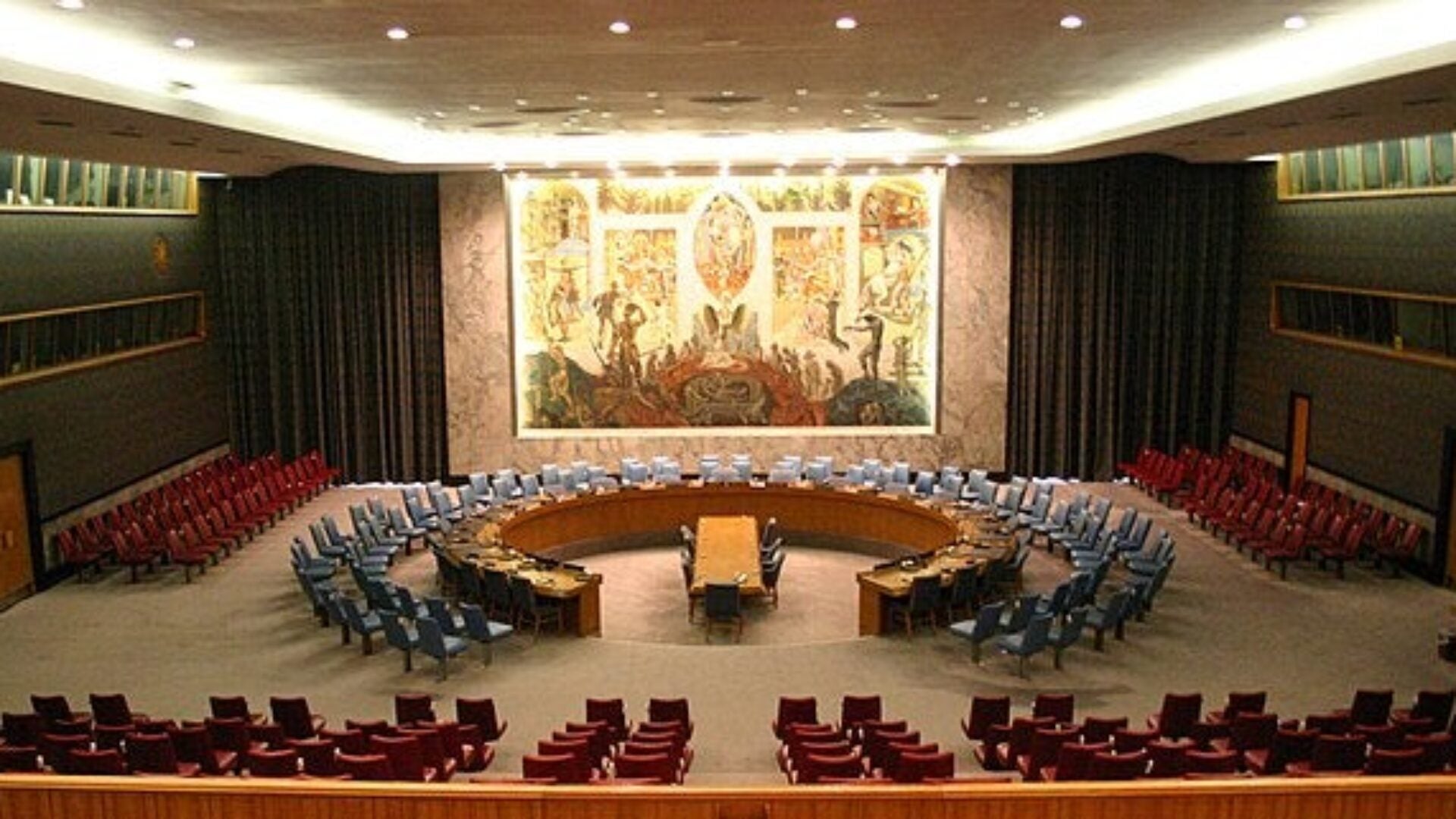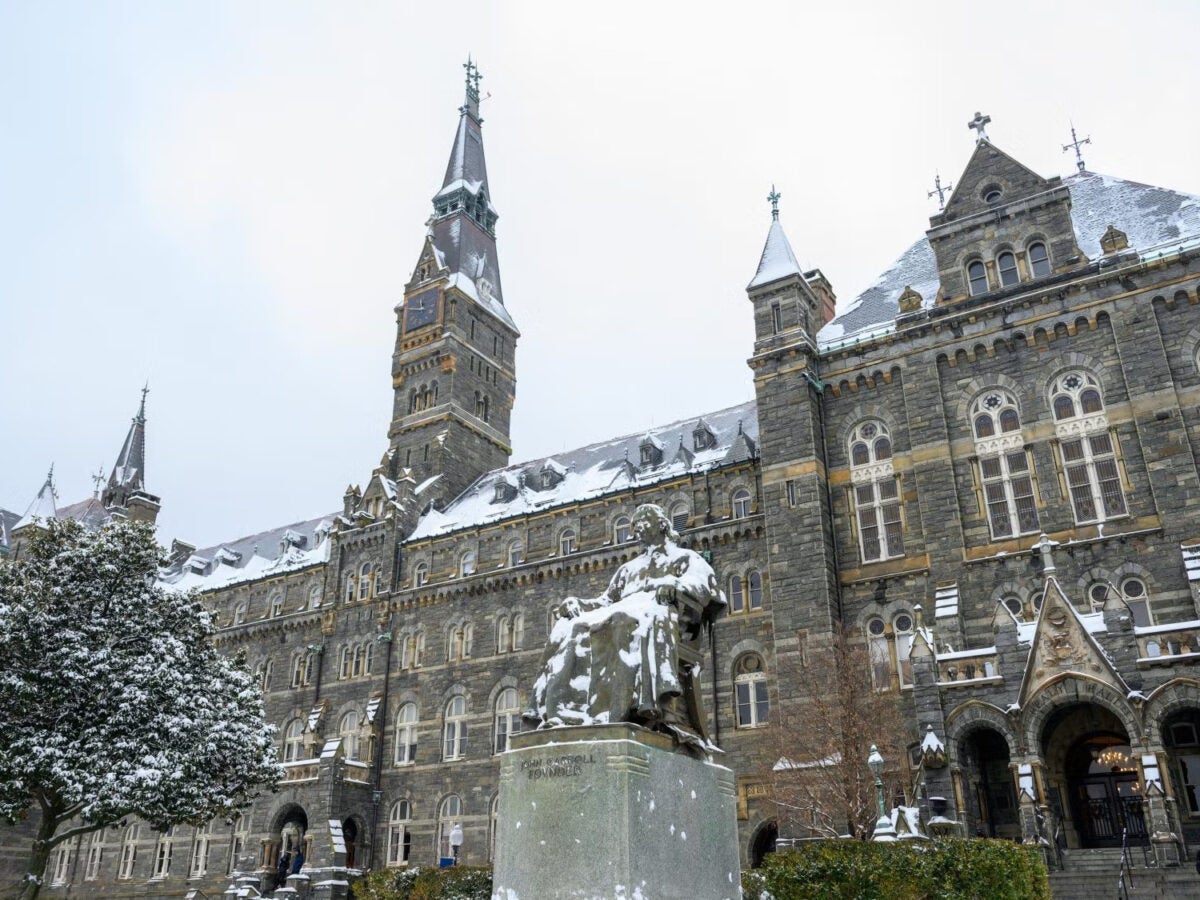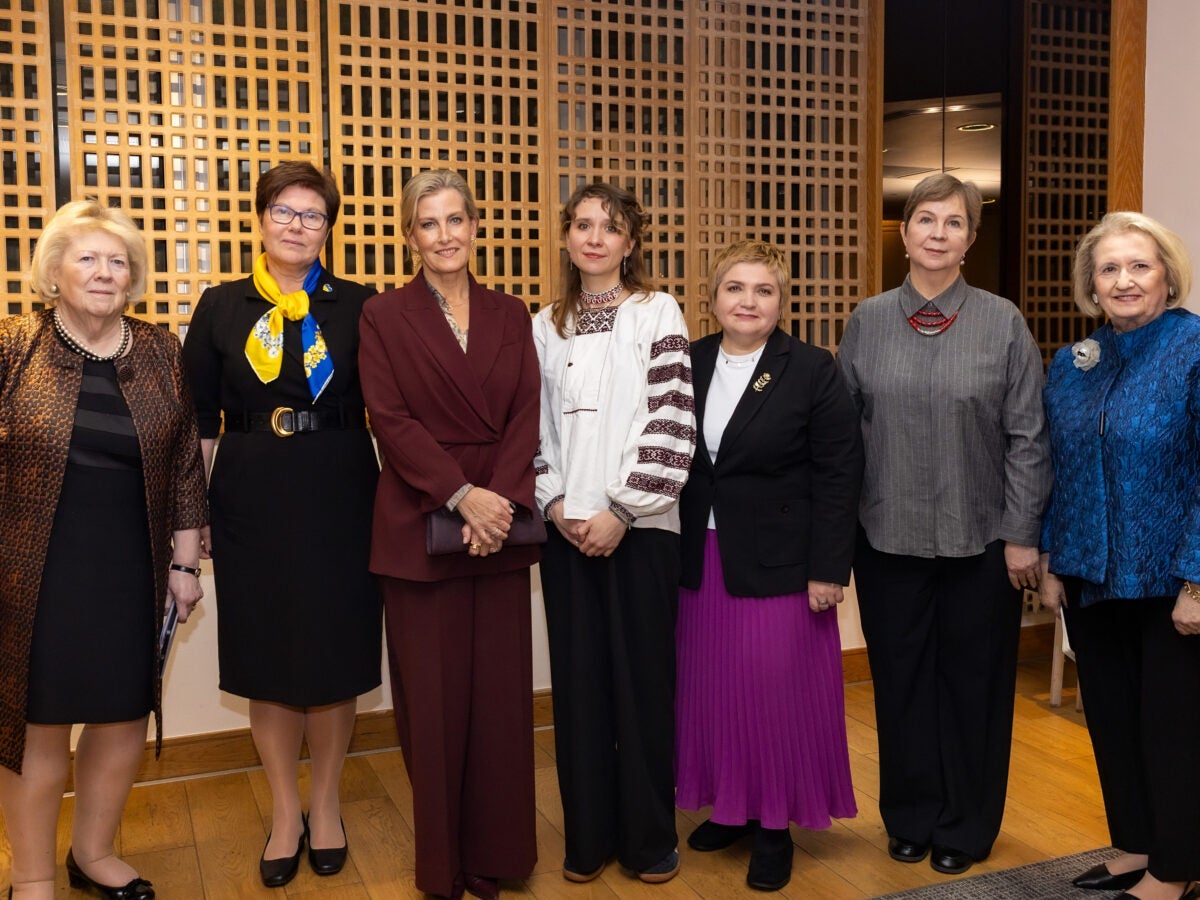What Is There to Debate? The Women, Peace and Security Agenda Against the Backdrop of Global Crises

From Ukraine to Gaza, Sudan to Yemen, and Myanmar to Afghanistan, ongoing and escalating conflicts uniquely impact the livelihoods and futures of women and girls. In conflict zones, the overwhelming majority of the decision-makers, from armed actors to negotiators, are men. Contrast this with women planting seeds of peace with their neighbors, carrying out essential duties to protect and sustain their families, and preserving the dignity of their communities.
On October 25, the Security Council held its annual open debate on Women, Peace, and Security (WPS). Under the leadership of Brazilian Minister of Foreign Affairs Mauro Vieira, this year’s open debate focused on the importance of women’s participation in international peace and security, with a particular emphasis on the vital role that civil society plays in advancing the WPS agenda.
The highlight of the debate was a speech delivered by the Regional Director of the Strategic Initiative for Women in the Horn of Africa (SIHA) Hala Al Karib. Drawing from her experience in Sudan, she highlighted the systematic violence against women committed during the most recent conflict, which began in April 2023.
Hala called for an immediate ceasefire, meaningful women’s representation in peace talks, humanitarian access, accountability for war crimes, and expanded sanctions regimes on Sudan. She urged for solidarity with women in various conflict zones worldwide, emphasizing the essential role of women’s rights in any peace process supported by the UN. Her speech and presence at the Council served as a testament to the power of women’s leadership and a direct expression of the resilience of women’s rights movements.
Also addressing the Council, United States (US) Permanent Representative, Ambassador Linda Thomas-Greenfield presented the government’s updated strategy on WPS, emphasizing the need for increased financing for women and youth peacebuilders globally. In this regard, the US committed to working together with the UN Peacebuilding Commission and announced several initiatives. The US will remain committed to institutionalizing WPS expertise in the Department of Defense, incorporating WPS in Global Fragility Act implementation, and linking WPS and climate security. It will contribute to the UNICEF-UNFPA Global Program to End Child Marriage, increase support for Gender-Based Violence (GBV) prevention through the Women’s Peace and Humanitarian Fund, promote the WPS agenda by co-chairing the UN Women WPS Focal Points Network, and fund new research on technology-facilitated GBV, focusing on countering tactics used to silence women in leadership. Additionally, the State Department’s Conflict Stabilization Office will launch a $2 million program in Ukraine to support women’s participation in governance during wartime. The US will also provide $100 million in new humanitarian assistance for the Palestinian people in Gaza and the West Bank.
Barbara Woodward, the Permanent Representative of the United Kingdom (UK) to the UN, urged critical and coordinated action to ensure women’s participation, empowerment, and protection in conflict and post-conflict settings. She introduced the UK’s new National Action Plan (NAP), which prioritizes women’s meaningful participation, and emphasized the need for mandatory inclusion of women in UN-led peace processes.
Ambassador Woodward highlighted the impact of conflict on women’s lives, particularly women’s rights defenders in areas such as South Sudan, Israel, and Gaza, and committed to supporting Colombia and other partners in adopting and implementing their WPS NAPs. Furthermore, she announced that the UK will implement a $46 million program supporting grassroots women’s rights organizations globally and allocate $4 million to combat GBV in Ukraine.
In tandem with the UK statement, Canada’s representative, speaking on behalf of the Group of Friends of Women, Peace and Security, emphasized the need for the UN to establish a standard requiring women to make up at least half of all participants in peace processes. Canada also stressed the importance of providing sustained and flexible funding for peacebuilding by local and women’s rights organizations. The need for flexible financing is particularly evident in the case of Ukraine, where numerous international aid organizations compete for large humanitarian and development contracts, while local organizations often lack the technical capacity to compete for major grants. It is crucial for member states and international donor organizations to genuinely prioritize the localization of aid to women-led civil society groups.
Canada’s representative also called for targeted sanctions against those responsible for sexual and gender-based violence in armed conflicts. Our Institute’s examination of eight sanctions regimes revealed that the current approach is marked by inconsistencies, delayed focus on sexual violence issues, and insufficient implementation mechanisms.
Amidst the sea of statements by the member states, several promising signs emerged, demonstrating progress on NAP implementations. Colombia’s Vice-Minister for Multilateral Affairs, Elizabeth Taylor Jay, reported encouraging advancements, stating that the administration is now poised to allocate a budget to facilitate the execution of its inaugural National Action Plan. Meanwhile, Ukraine’s Deputy Minister for Justice, Iryna Mudra, underscored the paramount importance of maintaining the Council’s attention on Ukraine and highlighted Ukraine’s updated NAP aimed at ensuring gender equality throughout the country’s recovery efforts. Given the fact that the last two Ukraine recovery conferences lacked women’s participation and focus on gender-inclusive recovery, the Ukrainian government and the international community must make concrete commitments to the inclusion of women’s perspectives and prioritize the reconstruction of the social infrastructure that impacts women and girls disproportionately.
Secretary-General Guterres and UN Women Executive Director Sima Bahous highlighted the imperative for a global ceasefire in ongoing conflicts and stressed the critical need for humanitarian access in these conflict-affected areas. They presented the latest WPS report, emphasizing the extensive impact of conflict and authoritarianism on women worldwide, highlighting the troubling pattern of excluding women from decision-making processes. The Secretary-General urged member states to strengthen multilateral cooperation for achieving and sustaining sustainable peace and provided the following critical recommendations:
- Women’s Participation in Peace Talks and Decision-making: governments supporting conflict mediation should set ambitious targets for women’s inclusion on negotiating teams and implement concrete measures to ensure women’s full, equal, and meaningful participation in decision-making.
- Funding for Gender Equality: countries providing overseas development assistance (ODA) should allocate 15% to gender equality. At least 1% of ODA should be allocated to direct assistance to women’s organizations mobilizing for peace.
- Legislation to Tackle Violence Against Women: member states must adopt comprehensive national legislation to address violence against women, both on and offline, and hold the perpetrators accountable.
- Support the Summit of the Future: Utilize the Summit of the Future to push for progress on the WPS agenda with a focus on women’s leadership and participation and transition from theory to practice, from mere words to concrete actions.
Explore More

End of Year Reflections
This year has been particularly challenging for peace around the world, with…

“No Amnesty, No Silence:” Ukrainian Women Urge Accountability for War-Time Sexual Violence
Last week, the Georgetown Institute for Women, Peace and Security (GIWPS) brought…
